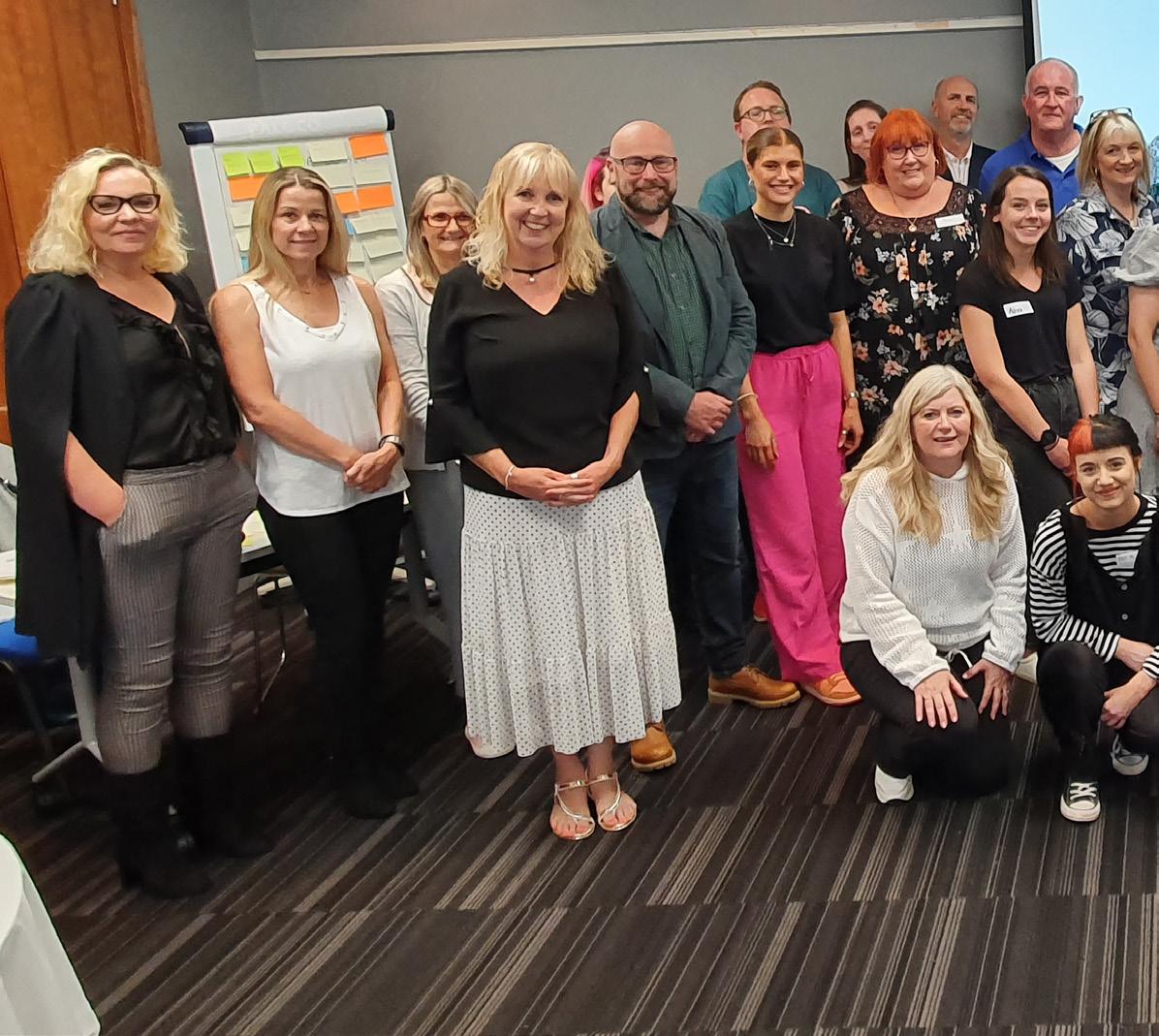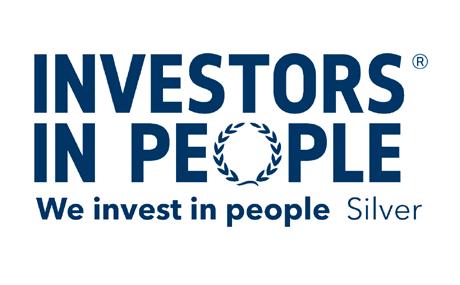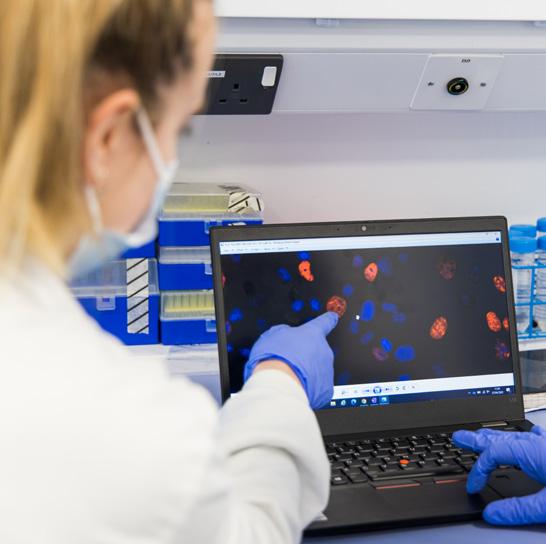
4 minute read
Operations and Financial Review (continued)
Principal Risks and Uncertainties
With the support of the Leadership Team, the Trustees continually review risks as they arise and satisfy themselves that the systems and controls are in place to manage them as appropriate and practicable. The risk management process relies on our judgement of the risk likelihood and impact, and developing and monitoring appropriate controls. We maintain a Risk Register of the principal risks faced by the Charity and a full annual review is an important component of our governance framework.
As a fundraising charity with strategic objectives to fund a network of experts in sustainable brain tumour research and grow the national investment in brain tumour research in order to find a cure, our principal risk is the need to protect and grow our income. To this end, we see our principal risks include our supporter relationships, our brand reputation, our people, the quality of research available to fund and our ability to fund this research.
To grow and maintain a sustainable income, we continue to invest in developing a broad and diverse portfolio of income streams. Having grown our team of skilled digital marketeers who have successfully helped us reach new and broader audiences last year, our priority this year has been to grow the Community Fundraising team across the UK, which has been a challenge in the current environment.
Our success would not have been achieved without the commitment and talent of the whole team. Against a challenging recruitment landscape, we continue to endeavour to attract new and complementary skills to the team to broaden the knowledge, skills and experience of the Charity whilst maintaining the passion for our goal of finding a cure for brain tumours.
Failure to deliver a satisfactory supporter journey risks losing a donor’s support and adversely impacting our ability to grow income. Although this risk grows along with the growing supporter base, we believe we effectively mitigate this risk by expanding the fundraising team under experienced leadership and embedding best-in-class supporter care and management.
Damage to our reputation and negative sentiment in the wider sector is a risk we take seriously, although we believe the close relationships we develop with our supporter base helps minimise this risk and alleviate the potential impact.
We are also aware of the continuing threat of cyberattacks and cyber fraud in particular. Whilst we believe we have appropriate insurance and proper and adequate controls in place, we have increased the frequency of staff training to ensure all staff are fully aware of the risks and the steps they can take to reduce the risks arising from human error.
More broadly, frequent full-team training and development sessions allied to our regular competency and objectives-based appraisal process seek to promote the right behaviours, deliver results and retain key staff. During the year, we conducted our third annual employee engagement survey. We were delighted that our overall score improved again, this time to 81% (from 76%) – indeed, the highest score the survey provider had across all its clients.
Early in 2022, we were assessed by Investors in People and were delighted to be awarded Silver accreditation at the first attempt. The awarding body commented: “This is an organisation that fully understands the importance of having engaged, fulfilled and happy staff who want to join, remain and perform at their best for the Charity.”
The appointment of our first HR Officer will assist in the consistent application of the learnings from these surveys and assessments –we aspire to achieve the Gold level when re-assessed in 2025.

Grant Monitoring
The work carried out at our three dedicated Research Centres and BRAIN UK is vital and monitored carefully to ensure our money is well spent. Indeed, we owe it to brain tumour patients, their families and our supporters. It is also a condition of our membership of the AMRC, who regularly audit members to ensure good practice of review, to guarantee that only the best quality research is funded.
Grant Making Policy
Our Research Centres submit an Annual Report including a request for further funding. The funds are granted and approved by the Trustees following the advice of the SMAB and recommendations of the Research Sub-Committee resulting from a comprehensive review of the Annual Report, research results to date, Centre visits and researcher interviews.



Every five years, each Centre of Excellence is asked to complete a more in-depth version of the Annual Review Process. Its report is sent out to International Peer Review, to a panel consisting of reviewers with a specific area of expertise related to the focus of the Centre, as well as members of the SMAB who also have relevant areas of expertise. Members of the International Peer Review Board accompany the Brain Tumour Research team on a visit to the Centre under review.
The review is an important stage for the Charity to review the Centre’s progress over the previous five years and consider its plans for the next five years. This provides the Charity with an independent, expert assessment of the Centre’s achievements and goals. It also provides an opportunity for the Centre to include new areas of research that have been indicated as potential routes to a cure for brain tumours, based on its discoveries in the preceding five years.
It remains our fundamental goal to develop a network of dedicated Centres of Brain Tumour Research Excellence in order to build research capacity, promote sustainability and the growth of brain tumour research in the UK, rather than the funding of individual short-term project grants. Indeed, this year, plans were made to launch a call for a new Centre, our fourth, and the competition went live on 1st July 2022.
Whilst it will always be our policy to grant the maximum amount of available funds to brain tumour research each year, it is clear from our discussions with our Centre lead scientists that it is necessary to balance current funding with sustainable levels for the future. Our strategy is for continued growth, rather than increased grant funding levels in the short term, while we continue to build reserves to provide security of future grant funding.








